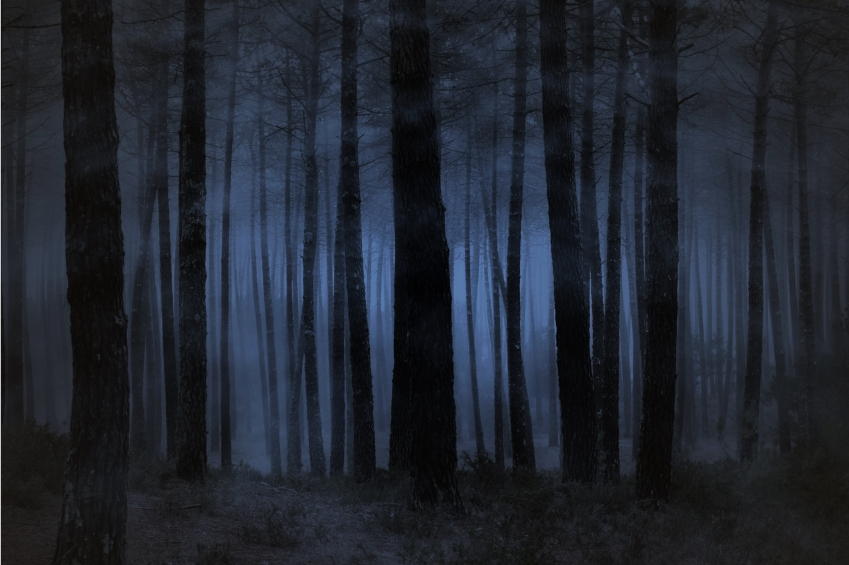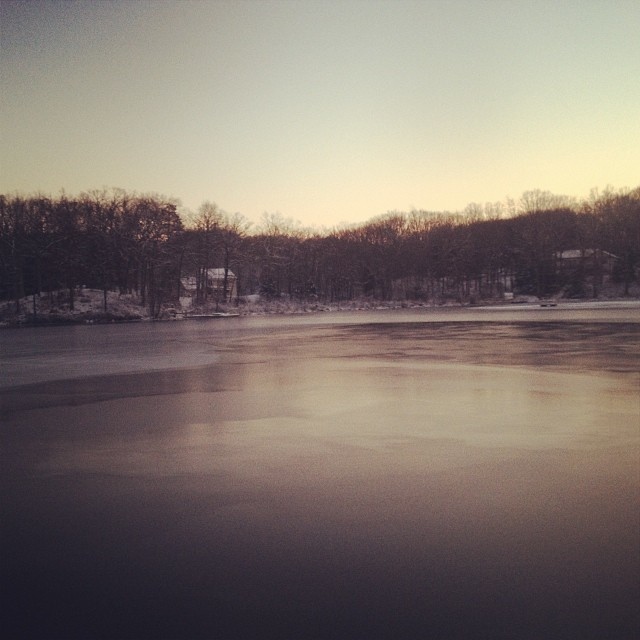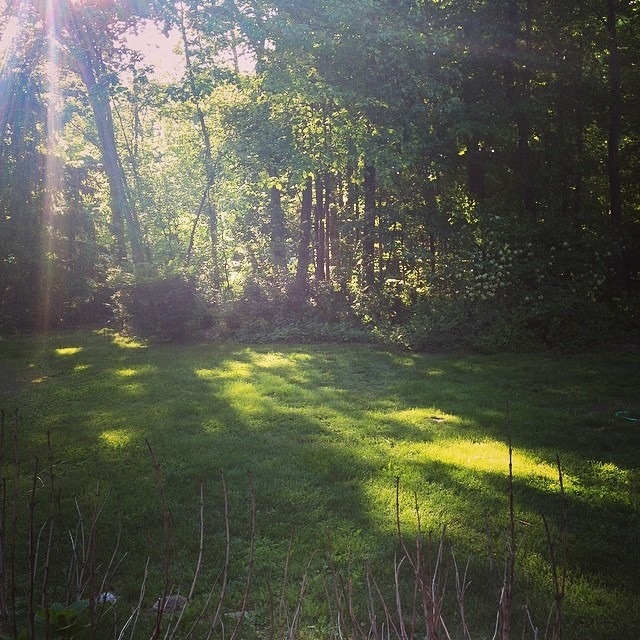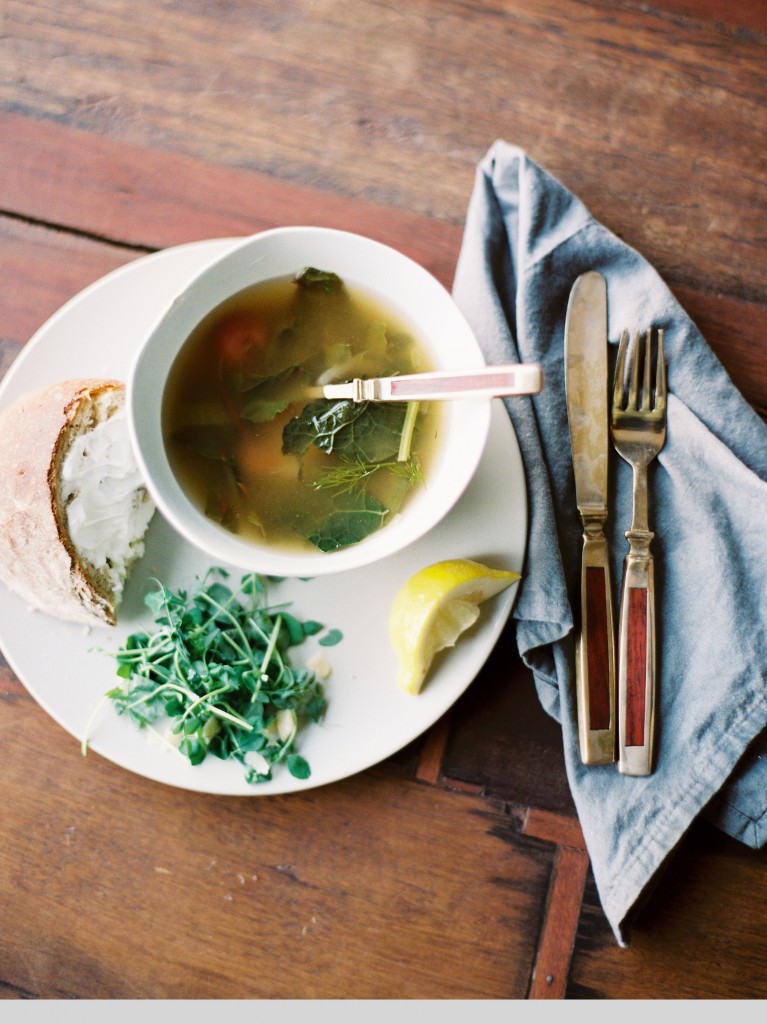Nel mezzo del cammin di nostra vita mi ritrovai per una selva oscura,
ché la diritta via era smarrita.
Midway upon the journey of our life I found myself within a forest dark,
For the straightforward pathway had been lost.
*
Lost isn’t the half of it. The last few weeks have felt like humanity’s modern-day version of The Inferno. When I say “humanity,” I mean us. Us. The lot of us. The group of us. The earth of us. All of us. Us what got brung to the dance by God or Big Bang or whatever it is that works for you, whoever you are. The news has been so bad — really mindbogglingly hideous — that it seems to be resulting in one of three things, for most people: 1) a kind of endorphin-driven media shock that renders you incapable of doing anything but staring, gape-mouthed and wide-eyed, at television/Facebook/Twitter, like you’re watching a car crash while being injected with a surgical paralytic; 2) poison-mouthed cynicism bringing out the absolute worst in everyone; and 3) collective depression that could be temporarily relieved with a national Demerol hose-down, if only the authorities would agree to it instead of shooting young black men.
Personally, I’ve been feeling a little bit like the Malcolm McDowell character during the torture scene in A Clockwork Orange. NOW your eyes are open!
There’s Hamas and Israel, and Israel and Hamas. There’s ISIS who, apparently, even worries Al Qaeda. There’s Michael Brown, six bullets, and the war zone that is now Ferguson. There are the Yazidis, the Ukrainians, the Russians, and the Kurds; there’s Putin and Malaysia Airlines, Ebola and toxic rainbow bracelets, drought and fire, early hurricanes, and now, to further ratchet up our collective despair, the death of Robin Williams at his own hand.
As Anne Lamott said recently, Kurt Vonnegut couldn’t make this up.
And then, of course, what happens at times like this?
Everyone suddenly turns into an expert, pontificating like Ted Baxter reading the evening news.
People who know less about the history of the Middle East than, say, Zippy the Chimp, are authoritatively spewing their raging ignorance all over Facebook. Your Uncle Fred announces that he knows more about African flesh-eating diseases than the head of the CDC. And now, everyone — literally, everyone — has something to say about depression, about suicide, about the violent, inevitable end to which so many other-wordly talents seem to come. They have a position on it, or a comment to make, or an aside to consider. Mostly (with the exception of morons like Rush Limbaugh and Shepard Smith) I don’t think the commentary on suicide is nefarious. But when it comes to a tragedy like the loss of Robin Williams, we literally don’t know what to do about it beyond cling to each other in ways that are a peculiar, contradictory combination of ancient and modern: through story telling that brings us together via the anonymous, faceless vantage point of social media.
If the world was at a different place right now — if we weren’t witnessing the police state that Ferguson Missouri has become; if genocide and flesh-eating disease and starvation and frolicking children suddenly dead on a beach moments later weren’t part of our daily discourse; if we weren’t on the receiving end of a minute-by-minute barrage of suffering and death — I think that our response to Williams’s suicide might not have been quite the same. There would have been sadness, certainly, and shock, but I think it might have been different. I, like you, remember him from the 70s, when he was all goodness and light, and when life (beyond Nixon and Vietnam and Patty Hearst) was just not as complicated as it is now. We knew that no matter how awful things got, you could look at him and see kindness in his lovely, sad eyes; you also knew you would laugh your ass off. And you also knew he’d always be there.
We took his being there for granted, until he wasn’t. All we can do, in the midst of the world’s utter horror, is sit with this unfathomable grief for someone most of us never knew, who we need now more than ever. But is it his greatness that we miss? Or is it all about us, and our current existential desire to simply cling to someone who always made things okay like a human security blanket, while the world around us spins out of control?
Either way, we totally suck at grief in this country — how could we not, in this land of bullying, of trolls, of biting on bullets and being-a-man and stiff upper lips and staying in control; we have yet to learn that being sorrowful over death — over anything, for that matter — is not a moral failure but a human necessity, like breathing, and eating. The fact that we make grief emblematic of failure — the way we do addiction and depression — is partially to blame for the loss of so many who struggle alone, until it’s too late and they’ve fallen into the abyss. And then we wonder why.
My story is just like yours, or your brother’s, or your mother’s, or your sister’s, or the postman’s: I lost my beloved sweet cousin — one of my dearest friends — to suicide. The older brother of one of my childhood friends killed himself at twenty, after a short life of drug addiction and depression. My late father had once considered it, when his business collapsed and he was forced to declare bankruptcy; he told me this nonchalantly, years later while we were sitting in a diner eating corned beef hash and scrambled eggs in central Maine. Not long ago, in the darkest of nights, when I started to believe that some people were right about my being the loathsome creature they said I was and I found myself in an emotional pit I couldn’t climb out of, I considered it. I don’t know what or who walked me through that night, but something did, and I got help. I was still able to see a quick streak of light in the darkness, where my cousin could not because he, like Williams, was so very tragically, profoundly ill in a way that most of us can’t even imagine.
Why is this a national scourge? Why don’t all of the PSAs and petitions in the world seem to help? Because, if we’re a people who feel ooky about helping the grief-stricken (or about grieving, ourselves) — or we’re so fucking absorbed with taking the perfect selfie or checking our Facebook feed — how on earth can we possibly develop the compassion and empathy that it takes to reach beyond ourselves and help the mentally ill and the addicted? I don’t know the answer to this question; it might have to do with faith, or living more simply and with less noise and chatter, or making it a point to spend more time with actual people than staring at a screen, or taking a torch to cynicism. Or all of the above.
So why am I writing about this on what is supposed to be a food blog?
Because, in any circle of hell — or heaven, for that matter — the sharing of food is a life preserver. Four years ago, I wrote about a piece that Amanda Hesser published in the NY Times, shortly after 9/11: sharing food, she implied, was a form of psychic, emotional nourishment. And it seems to me that we need to do this now more than ever: it’s sustaining. It’s kindness. It’s elemental. It makes us who we are, this act of sitting down quietly with people, and feeding them, and ourselves. There is grace in the act of putting a bowl of soup in front of someone who is hungry, or somehow suffering, or not. Amidst the grievous noise and the fury, the rage and the death, there has got to be something to tie us together at times like this that is more visceral than, say, Twitter. The sharing of food, while it can’t heal the tragically ill or end wars or save the Yazidis, is a form of communion, whether we’re believers or we’re not. Being together, and not isolated, right now, is key.
After all — to twist what Ram Dass once said — we’re all just walking each other home, even in the forest dark.
Winter Wilted Greens and Potato Soup
(Recipe and image excerpted from The Kinfolk Table by Nathan Williams. Copyright 2013. Photographs by Leo Patrone.)
Unless you live in the southern hemisphere, it’s not winter; it’s nearing the beginning of the end of summer, and most of us probably aren’t thinking too much about bowls of warming soup right around now. Still, I was struck by the flavorful simplicity of this dish, which jumped out at me from the wonderful Kinfolk Magazine‘s cookbook, The Kinfolk Table Cookbook. When I first began to buy the magazine, I was, admittedly, something of a cynic: everyone in it was so fresh-faced and scrubbed and calm — really, really calm — in a sort of bucolic, white-washed Danish-farmhouse-by-the-seaside kind of way. And then I began to realize that it represented something of a metaphysical oasis of sorts, which is why I find it hard to put down; it always seems to arrive when my life has spun out of control. The cookbook is filled with lovely, simple dishes to make — and share — with others; this delectable soup, which has a fresh Scandinavian feel to it thanks to the potato and dill, makes the leap from vegan (leave out the chicken) to hearty easily. It’s perfect for a small get-together and deeply comforting.
Winter Wilted Greens and Potato Soup
Serves 4
3 tablespoons (45 milliliters) olive oil
1 yellow onion, thinly sliced
6 cups (1.4 liters) vegetable stock
2 garlic cloves, minced
1 pound (455 grams) red potatoes, scrubbed and cut into 1/2-inch (1.28-centimeter) pieces
1 small bunch of fresh dill, chopped
Salt and freshly ground black pepper
3 red chard leaves, torn into small pieces
3 lacinato kale leaves, torn into small pieces
2 cups (about 12 ounces/340 grams) shredded cooked chicken (optional)
Juice of 1/2 lemon
1. Heat 2 tablespoons (30 milliliters) of the olive oil in a large pot or Dutch oven over medium heat until shimmering. Add the onion and cook, stirring and adding small amounts of the stock to help steam the onion, for 5 minutes or until the onion is soft and translucent. Add the garlic and cook, stirring, for 1 minute or until fragrant.
2. Stir in the remaining stock, the potatoes, dill, 1 teaspoon (6 grams) salt, and 1/2 teaspoon pepper, and simmer over medium-low heat until just tender.
3. Heat the remaining 1 tablespoon (15 milliliters) olive oil in a medium skillet over medium heat until shimmering. Add the chard and kale and cook, stirring, for about 3 minutes or until wilted. Stir them into the pot.
4. Add the chicken, if using, and heat through, then season the soup with salt and pepper to taste and add the lemon juice. Serve.











Alissa. If it’s any consolation – if that’s the right word, then we here in the UK are feeling just the same as you in the US. There are days when I don’t want to look at the news or the web because all it seems to be is endless misery and torment – mostly of people who really don’t deserve it – if anyone really deserves it. I too was a child of the young Robin Williams and as a fellow depressive I felt deeply sad that his life ended as it did. I am sustaining the positive with the garden and walks in appreciation of what there is around us. Oh yes, and with a drop of wine too!! As the nights are drawing in then soup might in fact be just the thing…
My apologies – Elissa – blind without glasses!
Your words have taken comfort to a whole new level, as I read this with tears in my eyes and confirmation in my heart that I am not alone in my feeling that the world has been placed in some dystopian orbit. And then the idea of sharing a meal, holding a hand across the kitchen table, feeling warmth suffuse the chill in my soul. Magnificent.
Hugs, Mims. xx
Thanks Amber- x
One of the best-written, profoundly right on moving things I have read in a long, long time. Of course it helps that I am completely aligned with you in your belief about the power of food to heal, the importance of breaking bread together and sharing tea together – not just texts and emails (though I do love my laptop, for it brings me your blogs among other nice things). In that spirit I have returned with a vengeance to the nearly lost art of letter-writing and I find it grounds me and makes me feel the present of the other much more deeply than tapping keys to them. Because it is true, we are just all walking each other home. Thank you for your wise and compassionate words.
I am 100% in agreement with your words and sentiment. May we start a movement of breaking bread with others and each other. May we re-learn as a group to sit down, across the table from each other or on a bench with knees touching and share a meal and so much more. Maybe then we can begin to heal.
Thank you for the great words!
Beautiful words. I have been so touched and stunned over Robin Williams. My mother suffered and passed away from complications of Parkinson’s Disease as did her brother and sister, my Aunt and Uncle. I understand that it was more than depression for him, it was a disease that was going to debilitate him physically, a slow death. I understand how he could not face it and I feel so much compassion and love for him. I have been isolating which is the way that I cope, and your post came to me at the perfect time.
Oh the ache, Elissa! We so, so need the nourishment of togetherness and food. Now, to figure out how to do just that. This is something of a mystery to me, that even as I am aware of the dual nourishment of good food and can make time for the edible equivalent of nail polish (cake, cake, and more cake), I still cannot seem to feed my family. Communion, indeed. A practice. A discipline. A rite. If I could treat dinner like that, I think we might be ok.
Sentiment understood, as the old curse say we are living in interesting times. I’m cooking more, reading C. S. Lewis and spending more time really listening to my spouse and people in general. Peace to all, thank you, for your writing a welcome respite.
In the past week, the thought of having small groups of friends over, of doing the communal cooking that used to be part of my life, has repeatedly strung to the front of my brain. And now I understand why… thank you.
Every time I read one of your posts I always mean to tell you how much I love you.
I only know you through your words and your food, not your face or your laugh, but what comes out of that mind and heart of yours strikes me deeply.
Never stop writing. never stop telling the truth.
You make the world a finer place.
xo J
elissa, i’ve totally given up watching TV news, or reading news on the web. i scroll through FB posts when it’s obvious i don’t want the bad news. i just can’t handle it. i’m can’t even take a more than a minute to think about elbola, ferguson, etc…
i’m not putting my head in the sand, but my current job is self-preservation. my job is to keep myself from having to breathe in a bag. just like on the airplane, i can’t help anyone–from ferguson to liberia to the middle east– unless i put my oxygen mask on first. i’ll let you know if i can manage things.
and i’m cooking, simply for me right now. making sure at least one dish a day isn’t scrambled eggs or pasta. self care. love you. xxx
This. Just this. Thank you. Oh, and I feel quite the same about Kinfolk and sinking into its quiet calm. And thank you for reminding me about The Kinfolk Table which I admit I have browsed more than cooked from although that in itself is pretty sustaining!
“The fact that we make grief emblematic of failure — the way we do addiction and depression — is partially to blame for the loss of so many who struggle alone, until it’s too late and they’ve fallen into the abyss.”
So well said.
As I am mired in profound grief of my father being killed as he was struck by a distracted driver while he took his daily walk, and then reminded (and re traumatized) of the (thank God) unsuccessful suicide attempt of one of my most beloved family member a year ago, one of the very few places I find peace is in cooking for those around me. I made chicken stock the other day, and as my house filled with that familiar and comforting scent, life almost felt normal for a short while. We cannot control the pain and suffering of the rest of the world but there is comfort in feeding and caring for those we share our lives with.
Oh my, Elissa, having just read your post at 1:00 A.M.,(awake and hungry after sleeping a couple hours), I am truly amazed and actually feeling kind of overjoyed at a flood of recognition of the deep, deep truth of your words. You have become the voice for me of this particular time of devastating sorrow, thereby helping me to understand and find my way through the deep,very dark forest. I’ve been struggling this past week trying to find a way to help my best friend, who fell into the hole of depression at Robin Williams’ death (as she said: “If he couldn’t bear it, how can I?”). She finally was able to rouse herself and come to visit yesterday afternoon. And, I handed her raspberries and cream. You are so right–sharing food is a simple but profound way to hold hands along the journey.
Elissa I am so glad I read your piece instead of flicking to FB or twitter. Beautiful words that capture our general human dismay, for me a pervasive sense of guilt at the unfairness of it all; that I can go on holiday while children clutch their only belongings in refugee camps, while families in my own city remain closed in the four walls of small apartments for the hot summer. What you remind us is that all of us, the us that is humanity, is that cooking and sharing food is a positive good and a source of warmth and light. For everyone. Thankyou.
Thank you so much for writing Alice –
I am tearing up at my desk. The overwhelm of the world is too much at the moment and we find ourselves retreating into the absurd and the ludicrous and the petty of the everyday to find an escape from the larger horrors outside our own houses. We push away the grief of other nations, the unbelievable realities taking place in ‘civilised society’ and first world nations, and retreat into our world of selfies, ‘likes’, and reality television.
When something real, something close to home, someone we have loved from afar, pierces through that with his final act it’s as earth shattering as sudden silence.
In the weeks following Mr Williams’ death I have pulled my family closer. We are already close, and no strangers to depression as my father and I both have faced down the black dog multiple times. But in our coming together, in our breakfasts, our midnight snacks, our impromptu dinners and dropping off of baked goods just because, there is light, there is love, and there is the hope that one day everyone might know just how precious they are and how powerful they are against the darkness.
Love to you and yours Elissa.